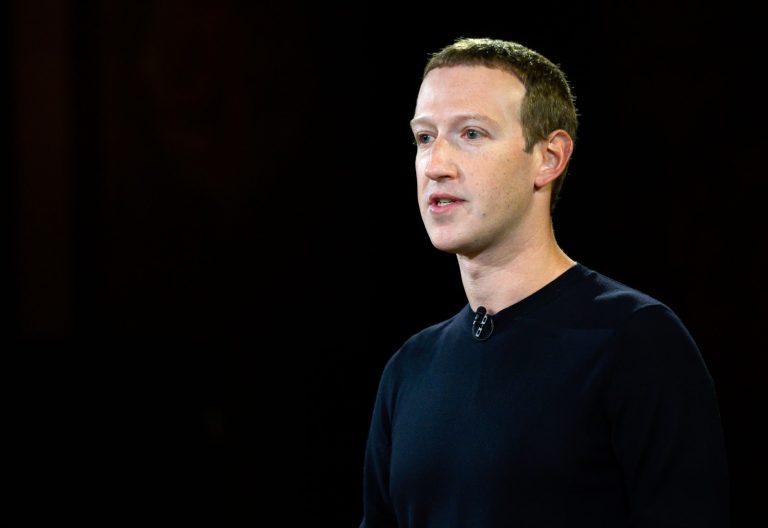Australia has passed a new law that mandates big tech companies like Google and Facebook to pay publishers for accessing news content. The tech firms will have to negotiate a payment scheme with specific publishers within three months, failing which the government will intervene with an independent arbiter. Once both parties submit their final deals, the judge will select the best offer within 45 days.
The News Media Bargaining Code also requires tech companies to inform media outlets before implementing algorithms. All media outlets based in Australia earning revenues of at least $150,000 per annum can negotiate with the tech companies for their content.
Australian Competition and Consumer Commission (ACCC) stated that the new law would balance the bargaining power between Australian media and companies like Facebook and Google.
“Google and Facebook need media, but they don’t need any particular company, and that meant media companies couldn’t do commercial deals with Facebook or Google… The purpose of the Code is to give them the potential for arbitration, which helps their bargaining position, and therefore helps them reach fair commercial deals,” ACCC Chair Rod Sims said in an interview with ABC radio.
Prior to the laws getting finalized, tech companies resisted the proposal, even threatening to pull out operations from Australia. Google relented first and entered into deals with local media for $47 million.

Success
You are now signed up for our newsletter
Success
Check your email to complete sign up
However, Facebook went on the offensive and blocked Australian users from sharing news links. It attracted widespread condemnation. Facing international pressure, Facebook promised to restore its services in Australia.
Treasurer Josh Frydenberg said that Australia has been a “proxy battle” between tech companies and governments looking to regulate them. He strongly believes that many countries are looking at the development to determine how to get Facebook and Google to pay news publishers.
Global action
In Canada, Prime Minister Justin Trudeau has promised to ensure that web giants pay their fair share to content creators. In the UK, Prime Minister Boris Johnson called Facebook’s actions in Australia concerning. The UK government is also looking to make big tech pay for news content through legislation that may be based on the recently passed law in Australia.
European Union member states have a June deadline to adopt the Copyright Directive which aims to improve the bargaining position of content creators against tech leaders like Google and Facebook. The law, which was passed by the EU in 2019, gives news publishers the right to demand payment for using their content.
In India, the Indian Newspaper Society (INS), an organization that represents the country’s print media, has asked Google to increase the publisher share of advertising revenues by 85 percent. It has also requested that revenue reports provided to publishers be more transparent. The organization also cited similar compensation demands made by publishers in Australia and the EU.
“It has demanded Google should pay for news generated by the newspapers which employ thousands of journalists on the ground, at considerable expense, for gathering and verifying information,” the INS said in a statement.
The organization noted that the existing digital business model is unfair to publishers, making the business unviable for most media houses.
Follow us on Twitter or subscribe to our weekly email














